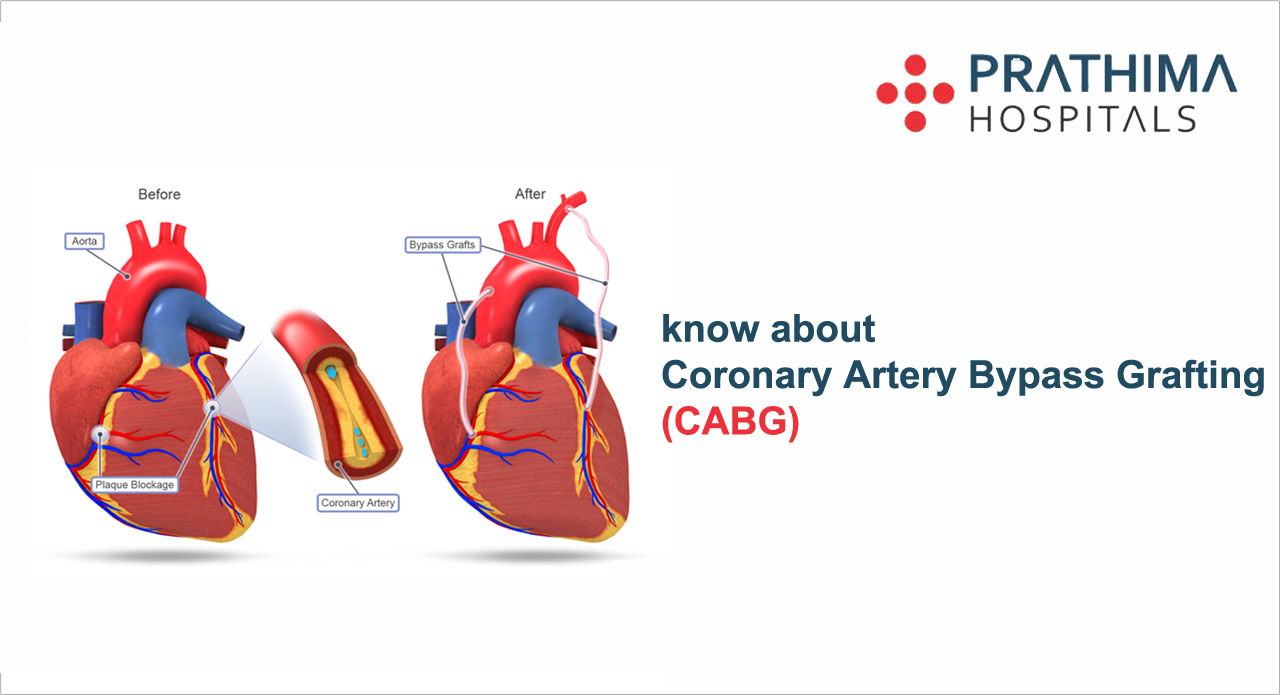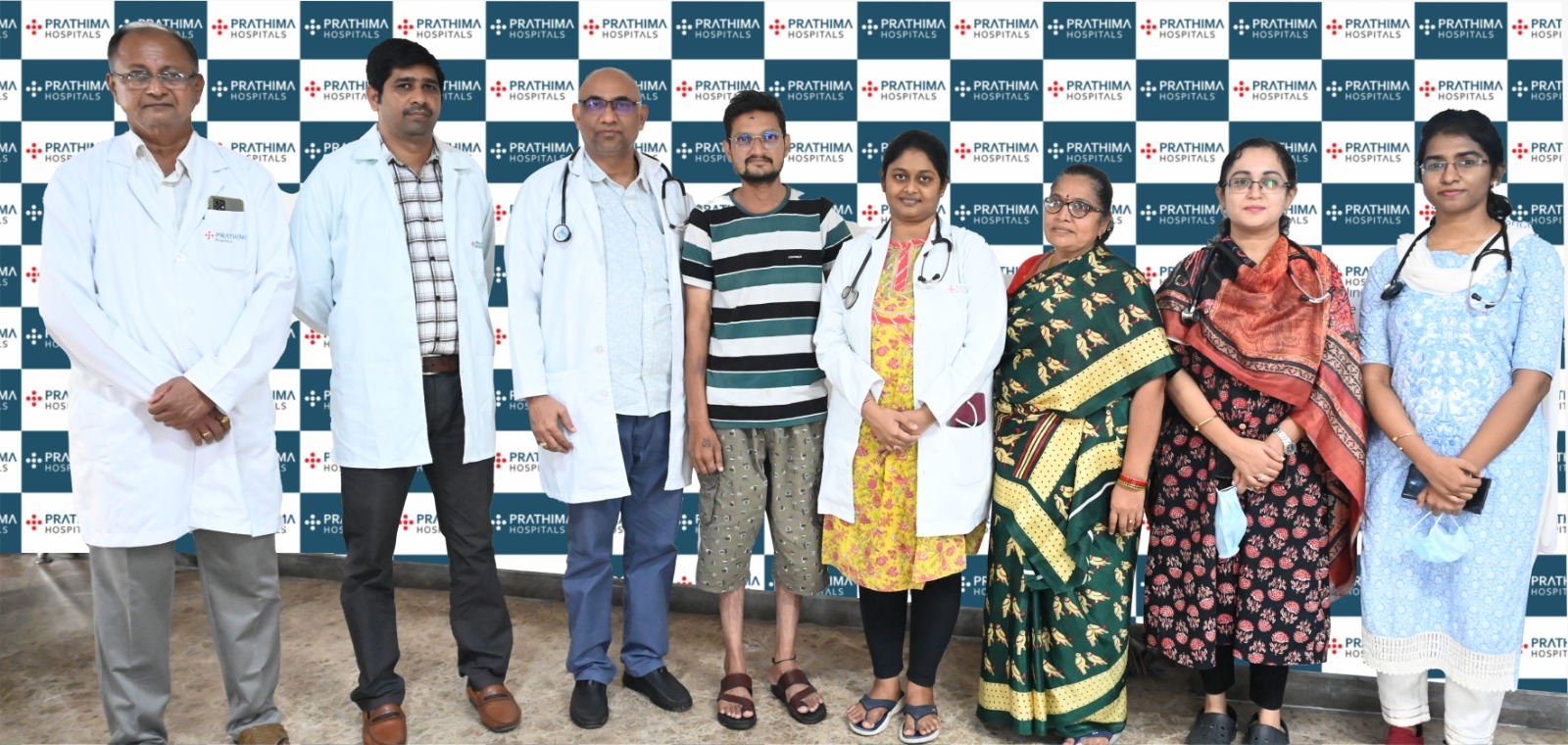Know About Coronary Artery Bypass Grafting (CABG)

Coronary artery bypass grafting (CABG) is one of the most commonly performed open heart surgeries. Generally patients with severe coronary heart disease undergo this type of surgery. In this type of surgery a healthy artery or vein from the body is grafted or connected to the blocked coronary artery. It is commonly referred to as bypass surgery or a heart bypass surgery. CABG is done if the blockages in the heart cannot be treated with other procedures like angioplasty or it is done on an emergency basis during a heart attack.
What are the tests done on a patient to opt for a CABG procedure?
To decide whether a patient should undergo CABG procedure the doctor will first undertake a physical examination focusing mainly on the cardiovascular system like heart, lungs, pulse following which tests are performed to check for any clogs in the heart and the extent of clogs and the heart damage caused due to the clogs.
Various tests performed for the patients with coronary heart disease include
- EKG (Electrocardiogram)
- Stress test
- ECG (Echocardiography)
- Coronary Angiography
- Blood tests
- Chest X ray
The doctor decides whether the patient requires CABG based on the test results and considering other factors like the presence and severity of chronic heart disease symptoms, severity and location of blocks, response to other treatments, underlying health problems, quality of life, age and general health and family history of chronic heart disease or other heart diseases. Best Hospital in Hyderabad.
What can a patient expect during a CABG procedure?
A team of doctors including a cardiothoracic surgeon, anesthesiologist, perfusionist, other surgeons and nurses are involved in performing a CABG procedure. An artery or a vein graft can be used to perform a CABG procedure. For surgeries with several bypasses both artery and vein grafts will be used.
During the procedure medicines will be given to stop the heart. This allows the surgeon to operate on the patient’s heart. A heart lung bypass machine is used which will keep oxygen rich blood moving throughout the body during the surgery.
What are the possible risks of a CABG surgery?
The coronary artery bypass grafting (CABG) procedure involves a lot of risks during or after the surgery. The possible risks include:
- Failure of the graft
- Infection at the incision site
- Pneumonia
- Bleeding during or after the surgery
- Kidney failure
- Breathing problems
- Sometimes death.
The patient may also develop certain complications based on the individual’s health condition. The patient is advised to discuss all the concerns with the doctor before the procedure.



